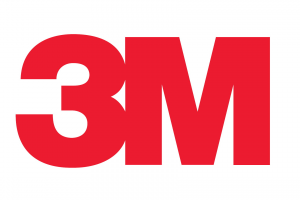Confusable and deceptive business names
25.10.2016Company: Amcham
Assessment of the confusable and deceptive aspects of business names upon entry into the Commercial Register; previously registered business names may still be contested.
In a recent decision, the Supreme Court addressed the issue of the procedure by which register courts assess the confusable and deceptive aspects of business names for which entry in the Commercial Register is sought, and clarified the limits of this procedure.
The business name is the name under which the given entrepreneur is recorded in the Commercial Register. As such, it must not be confusable with other business names or give a misleading impression.
According to Supreme Court case law, a business name is considered confusable if it cannot be distinguished from other, prior business names (or other designations entered into one public register or another), whereas the benchmark for this assessment is the average customer. The Supreme Court considers a business name to be deceptive if it is apt to create a misleading impression of the registered person or the scope of its activities.
The register court must review the confusing and deceptive potential of business names during the first registration of an entrepreneur (e.g. a newly established company) in the Commercial Register, and also on occasion of a change of name of a previously registered entrepreneur. In the above-mentioned ruling, the Supreme Court found that – even though the deceptive character of a name follows from the line or scope of business, and thus from the range of products and services offered – this is merely a partial aspect of the assessment during registration. The decision also implies that the confusing and deceptive potential of a proposed business name need only to be checked against the wording of previously registered business names (and other names entered in public registers), but not against the wording of trade marks and other registered designations.
Even if a new business name is successfully entered into the Commercial Register as a part of the registration procedure, one cannot rule out that it will be challenged by a third party arguing that the newly entered name may be confused with its own prior name, and that the register court thus should have never entered it into the Commercial Register. Alternatively, the owner of a trade mark may object that the entry and use of the new name constitutes an infringement of their trade mark rights (on grounds of the similarity between the former and the latter). Lastly, the company may also be guilty of unfair competitive conduct by having registered and using the new name.
In other words, in choosing a business name, one has to pay special attention to the aspects discussed above, and keep in mind that even the wording of a registered name can be challenged after the fact.
Source: Czech Supreme Court, case No. 29 Cdo 2219/2015; Act No. 89/2012 Coll., Civil Code; Act No. 304/2013 Coll., on public registers of legal entities and natural persons; Act No. 441/2003 Coll., on Trade Marks
bnt office
Tags: Law |







